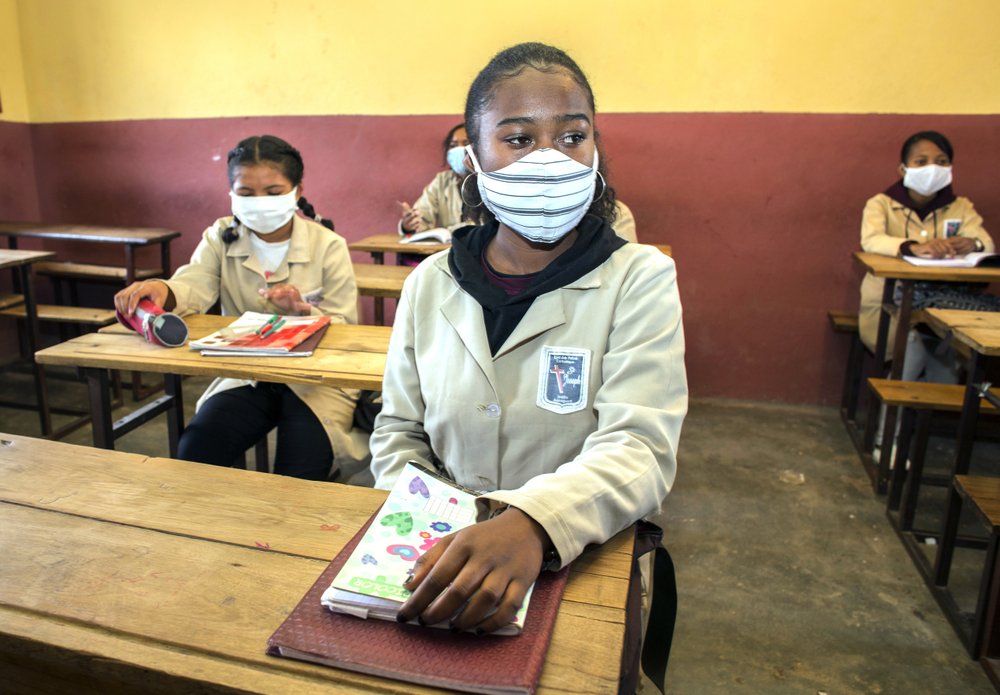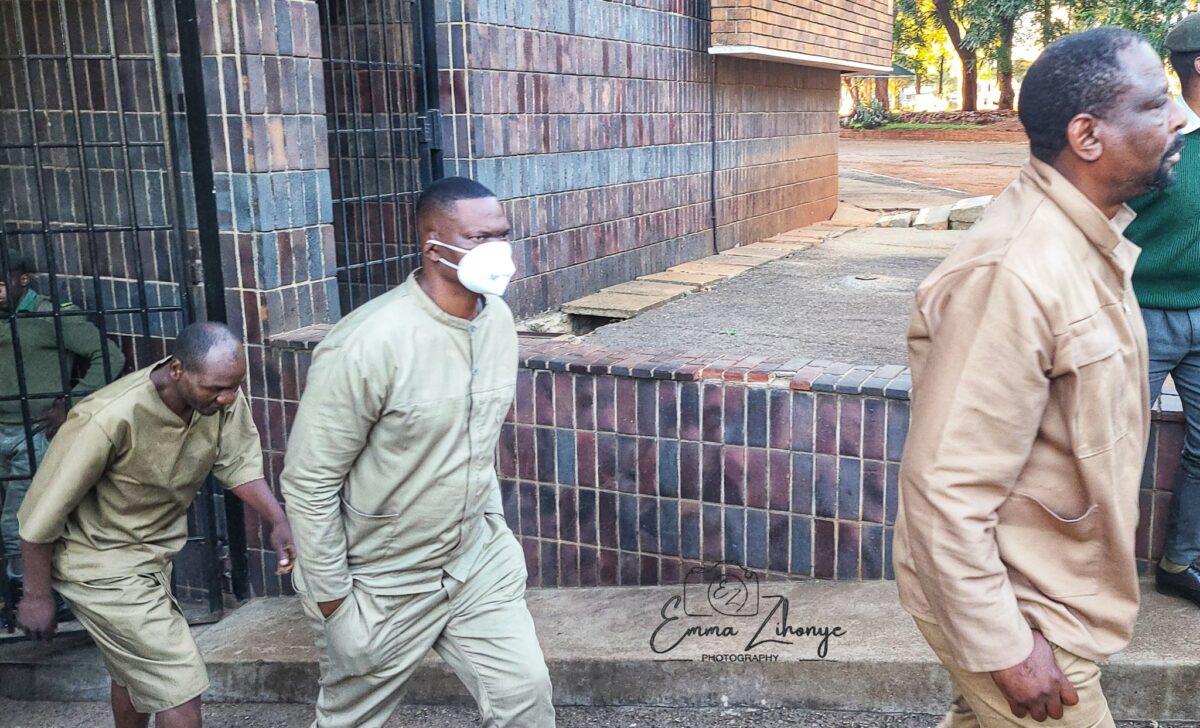BULAWAYO – The pass rate for candidates who sat their Ordinary Level examinations last November declined by 6.8 percent, a rather significant margin that the Zimbabwe Schools Examination Council (Zimsec) was playing down on Monday.
Candidates who scored at least five subjects fell from 31,6 percent in 2019 to 24,8 percent in 2020, the examinations body said, adding, however, that the outcomes were “commendable considering the devastating conditions of the covid-19 pandemic.”
Examination takers also decreased to just 184,000 from a massive 296,464 in 2019
“A historical analysis indicates that in 2014 a pass rate of 22.4 percent was recorded while in 2017 we had a pass rate of 28,7 percent,” Zimsec board chairman Eddie Mwenje told a news conference.
“This means that 2020 results are within range and this is commendable considering the devastating conditions of the covid-19 pandemic.”
Mwenje said the results were ready for collection immediately from regional offices by school heads while candidates would be able to access them online from 10 PM on the Zimsec portal where they will be up for five days.
While Zimsec was making no big deal, the Amalgamated Rural Teachers Union of Zimbabwe (ARTUZ) said it was concerned, calling the results “worrisome.”
“Congrats to both the ‘O’ Level candidates who passed 2020 exams and teachers who worked hard. We are worried about the drop in the number of candidates who sat for the exams,” ARTUZ said tweeted.
The union said 11 percent of suitable candidates had failed to write because they had no access to education [e-learning], which became the main method of learning last year as schools remained closed due to the Covid-19 pandemic.
“The drop of pass rates by 6.8 percent is worrisome. This could have been higher if the over 11 percent had sat for their exams. Some of these learners might never return to school. The 10.6 percent drop in pass rates for girls to 6.5 percent drop for boys is a reminder of gender inequalities on access to education,” ARTUZ said.
The union also called on government to “capacitate teachers and get the schools functional. Secure enough learning and teaching materials in our schools. Infrastructure development and technological advancement is priority. An education in emergency policy to ensure the sector endures during crisis.”
Teachers are currently on strike over poor wages, only showing up in class two days a week instead of five. They are demanding at least US$520 or equivalent a month, and are vowing to stay the course despite threats of dismissal and non-payment by the government.
















